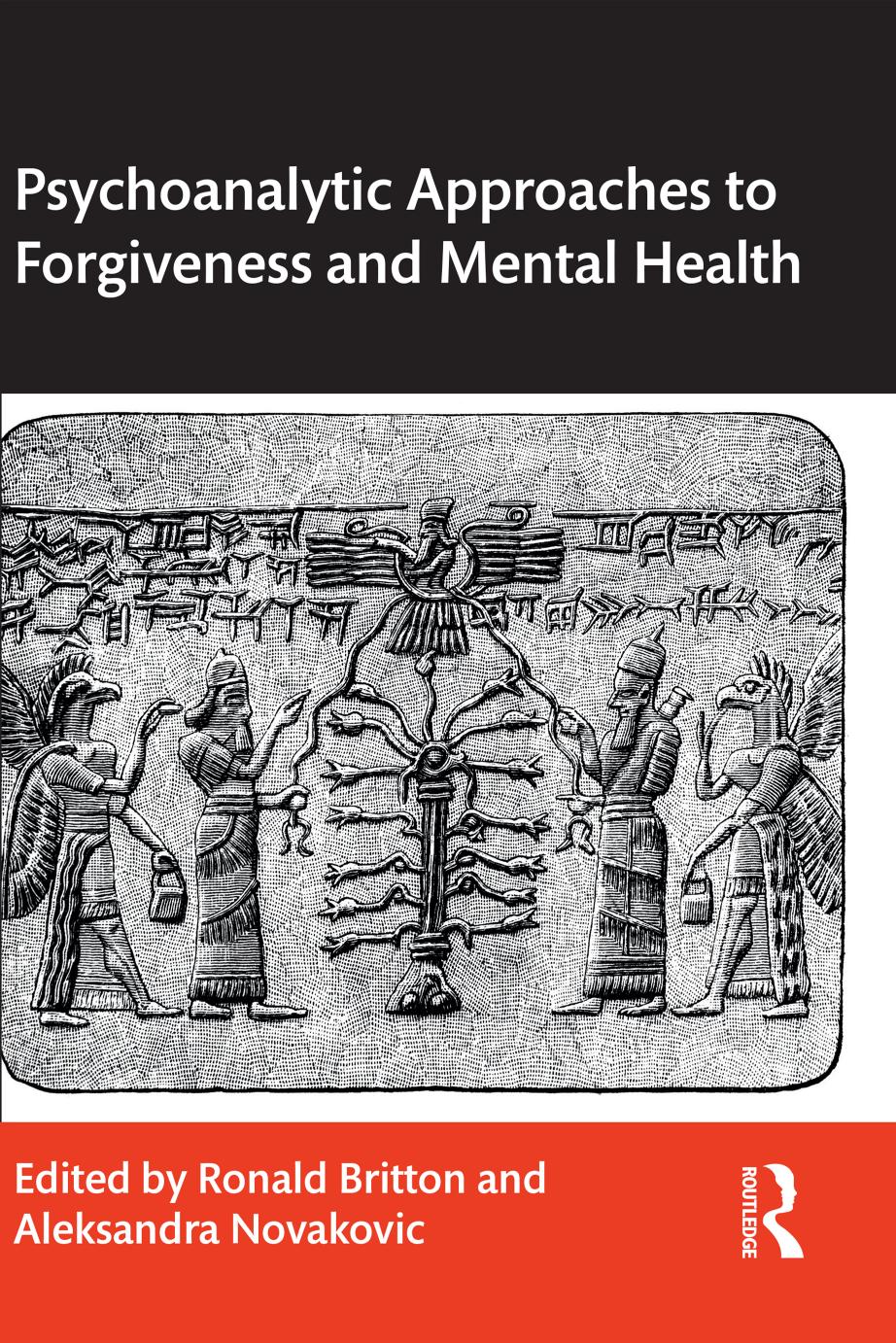

Most ebook files are in PDF format, so you can easily read them using various software such as Foxit Reader or directly on the Google Chrome browser.
Some ebook files are released by publishers in other formats such as .awz, .mobi, .epub, .fb2, etc. You may need to install specific software to read these formats on mobile/PC, such as Calibre.
Please read the tutorial at this link. https://ebooknice.com/page/post?id=faq
We offer FREE conversion to the popular formats you request; however, this may take some time. Therefore, right after payment, please email us, and we will try to provide the service as quickly as possible.
For some exceptional file formats or broken links (if any), please refrain from opening any disputes. Instead, email us first, and we will try to assist within a maximum of 6 hours.
EbookNice Team

Status:
Available4.3
33 reviews
ISBN 10: 1003364314
ISBN 13: 9781003364313
Author: Ronald Britton, Aleksandra Novakovic
Psychoanalytic Approaches to Forgiveness and Mental Health considers the role of forgiveness in mental life, concerning both forgiving and being forgiven. Each chapter addresses concepts including superego, repetition compulsion, enactment, and notions such as sacrifice, penance, justification, absolution, and contrition. The contributors consider both their professional and clinical experience and their ethical, cultural, or philosophical background when considering aspects of forgiveness and its impact on clinical practice. The book is an attempt to open the subject of forgiveness, not to reach ethical conclusions nor to formulate pious psychological behavioural axioms. It also considers the weight of feeling unforgiven and of holding the lifelong resentment or vengeful wishes of the unforgiving. Psychoanalytic Approaches to Forgiveness and Mental Health will be key reading for psychoanalysts and psychotherapists in practice and in training and for other professionals interested in the role of forgiveness in mental life. It will also be of interest to academics and students of psychoanalytic studies, philosophy and spirituality.
1. The lost good object regained: coexisting parts of self and the generosity of forgiveness
Introduction
Part I: What is so difficult to forgive?
Loss and death
Early infantile experience
Oedipal conflict
Part II: Dynamic of forgiveness
Finding the lost good object
Coexisting different parts of self
Generosity
Conclusion
References
2. Forgiving as malice relented: the depressive position in action
The roots of forgiving
Depressively informed understanding
Melanie Klein’s concept of the depressive position
False forgiveness and bad faith
Forgiveness and Heidegger’s concept of Sorge (Care)
Cordelia and Lear: ‘No cause, no cause’
References
3. The developmental importance of forgiveness in psychoanalysis and Buddhism
Introduction
Difficult pathway to forgiveness
Basic concept of development of primitive states
Too much impingement and deprivation from the environment
Destructiveness and guilt
Reparation
Grievance and entitlement
Clinical material of entitlement of “unconditional love”
Discussion for the clinical material: search for “unconditional love”
Forgiveness and compassion
Importance of forgiveness in emotional development
Compassion, forgiveness, and reparation through Buddhist Sutras
Facilitating object’s behaviour
Facilitating factor 1: compassion by objects
Facilitating factor 2: forgiveness by objects
Forgiveness: facilitating development or regression into omnipotence
Conclusion
References
4. Revenge or forgiveness: The Oresteia
The Choephoroe or The Libation Bearers
The trial
Discussion
References
5. Cry havoc and reconciliation
Introduction
Two pictures of the Fall
Recapitulation
Remember Enniskillen
Misogyny and the Marschallin
Two kinds of Return in Rembrandt’s painting – Judas Repentant Returning the Pieces of Silver (1629) and The Return of the Prodigal Son (1666–1669)
References
6. Revenge and resentment in the ‘Oedipus situation’
References
7. “She waited, Kate Croy”: the villain’s tragedy: On Henry James and Forgiveness
Henry James’ preface to the 1909 New York Edition, and the writing of The Wings of the Dove.
Densher
Milly
The Bronzino scene
The end of the novel
Kate Croy’s tragedy
Forgiveness
References
8. Contessa perdono!: Mozartian sexual betrayal and forgiveness
The psychoanalysis of forgiveness
Don Giovanni – and revenge
Cosi fan tutte – and remorse
The Marriage of Figaro – and the moment of forgiveness
Conclusion
Note
References
9. Forgiveness work in society, institutions and large groups
Introduction
Crossing enemy lines into exchange between human groups
Folly, lust, hatred and forgiveness
Gestures of societal reconciliation and forgiveness
Forgiveness, reparation and mourning in post-totalitarian societies
Trauma, reconciliation and forgiveness in German psychoanalysis
Incomplete forgiveness work in the psychoanalytic community
Conclusion
References
10. Forgiveness in the recognition of actuality
Introduction
Contradictions in forgiveness: agency and process
Actuality and the forgiven object of reparation
The conflict between defiance and grievance: Miss Ross
Period I: the tension between grievance and forgiveness
Period II: splitting in the promotion of forgiveness
Conclusion
References
11. In the grip of unforgiveness: Some notes on forgiveness and orientation from a German background
The Holocaust as an unforgivable fact – introductory outline
The “autonomous” attraction and suction of the abnormal superego
True forgiveness as a process with normal superego-figures
Orientation as a fundamental feature
Psychoanalytic orientation work is a consequence of this approach for analytic practice
Clinical examples of necessary re-orientation
Under the sway of a death sentence – and obsessive symptoms fed by murderous anger
“No right of existence”: analysis as a long process of re-orientation
Cultural background: German generations after the Holocaust
The becoming aware of the verdict of an abnormal superego
Conditions for reparative efforts having a chance and not being pushed totally aside by renewed paranoid attacks in post-war Germany
Final remarks
References
12. The unforgiving self
The Duino Elegies
Wordsworth and The Prelude
The unforgiving self: the internal saboteur
References
psychology of forgiveness pdf
handbook of psychodynamic approaches to psychopathology
8 keys to forgiveness pdf
the 7 principles of psychoanalytic psychotherapy
7.6 psychoanalytic theories of personality
Tags: Ronald Britton, Aleksandra Novakovic, Psychoanalytic, Approaches